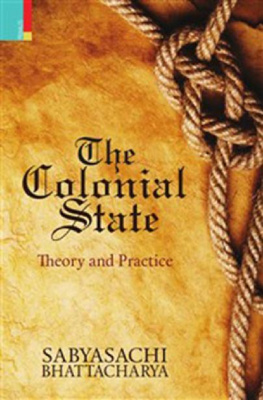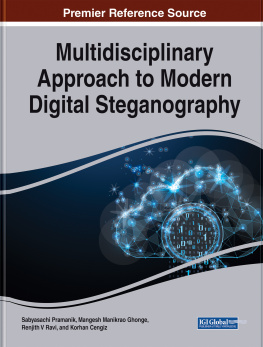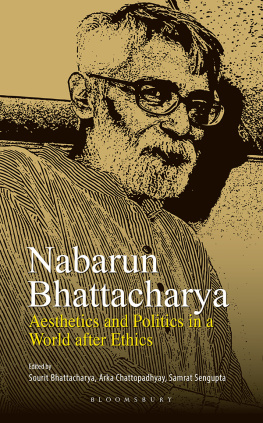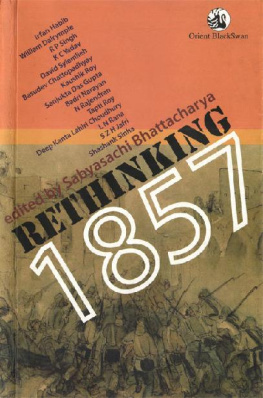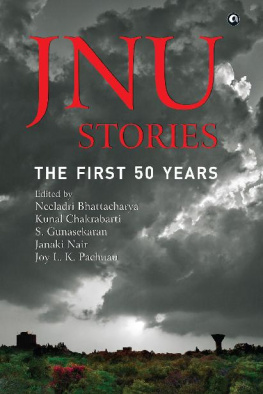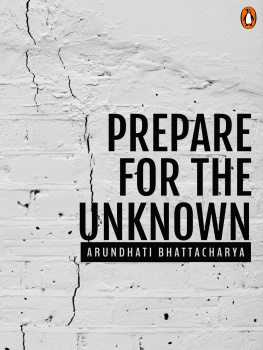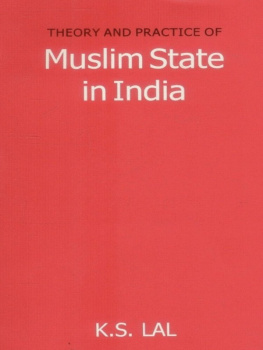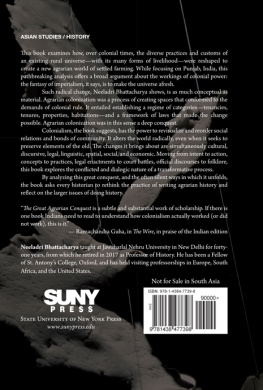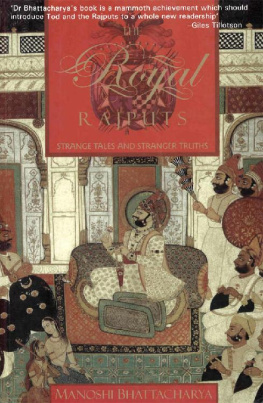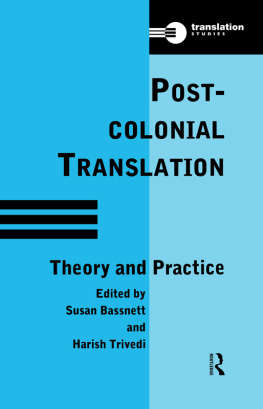Sabyasachi Bhattacharya - The Colonial State: Theory and Practice
Here you can read online Sabyasachi Bhattacharya - The Colonial State: Theory and Practice full text of the book (entire story) in english for free. Download pdf and epub, get meaning, cover and reviews about this ebook. year: 2017, publisher: Primus Books, genre: Politics. Description of the work, (preface) as well as reviews are available. Best literature library LitArk.com created for fans of good reading and offers a wide selection of genres:
Romance novel
Science fiction
Adventure
Detective
Science
History
Home and family
Prose
Art
Politics
Computer
Non-fiction
Religion
Business
Children
Humor
Choose a favorite category and find really read worthwhile books. Enjoy immersion in the world of imagination, feel the emotions of the characters or learn something new for yourself, make an fascinating discovery.
- Book:The Colonial State: Theory and Practice
- Author:
- Publisher:Primus Books
- Genre:
- Year:2017
- Rating:3 / 5
- Favourites:Add to favourites
- Your mark:
- 60
- 1
- 2
- 3
- 4
- 5
The Colonial State: Theory and Practice: summary, description and annotation
We offer to read an annotation, description, summary or preface (depends on what the author of the book "The Colonial State: Theory and Practice" wrote himself). If you haven't found the necessary information about the book — write in the comments, we will try to find it.
The Colonial State: Theory and Practice — read online for free the complete book (whole text) full work
Below is the text of the book, divided by pages. System saving the place of the last page read, allows you to conveniently read the book "The Colonial State: Theory and Practice" online for free, without having to search again every time where you left off. Put a bookmark, and you can go to the page where you finished reading at any time.
Font size:
Interval:
Bookmark:
THEORY AND PRACTICE


AICC Papers | All India Congress Committee Papers, NMML, New Delhi |
Bod. MS | Bodleian Manuscript Collections, Oxford |
C.D. to GOI | Despatch from Court of Director to Government of India, NAI, New Delhi |
Fin. Progs. | Financial Proceedings, Governor-General of India and his Council, Government of India, NAI |
Foreign Pol. | Foreign Department Proceedings, Political Branch, Government of India, NAI |
Home Pol. | Home Department Proceedings, Political Branch, Government of India, NAI |
Lawrence Papers | Private Papers of Sir John Lawrence, Governor-General, India Office Library, London |
Mayo Papers | Private Papers of Richard Bourke, Earl of Mayo, Governor-General, Microfilm, NAI, New Delhi |
NAI | National Archives of India, New Delhi |
NMML | Nehru Memorial Museum and Library, New Delhi |
P.T. Papers | Sir Purshottamdas Thakurdas Papers, Private Papers Collection, NMML, New Delhi |
Palmer Papers | Papers of John Palmer, Merchant in Bengal, Bodleian Library, Oxford |
Pol. Cons. | Political Consultations, Governor-General of Fort William and his Council, NAI |
Pol. Progs. | Political Proceedings, Governor-General of India and his Council, Government of India, NAI |
Secret Cons. | Secret Consultations, Governor-General of Fort William and his Council, NAI |
SS to GOI | Despatch from Secretary of State for India to Government of India, NAI |
Wood Papers | Private Papers of Sir Charles Wood, Secretary of State for India, India Office Library, London |
Font size:
Interval:
Bookmark:
Similar books «The Colonial State: Theory and Practice»
Look at similar books to The Colonial State: Theory and Practice. We have selected literature similar in name and meaning in the hope of providing readers with more options to find new, interesting, not yet read works.
Discussion, reviews of the book The Colonial State: Theory and Practice and just readers' own opinions. Leave your comments, write what you think about the work, its meaning or the main characters. Specify what exactly you liked and what you didn't like, and why you think so.

